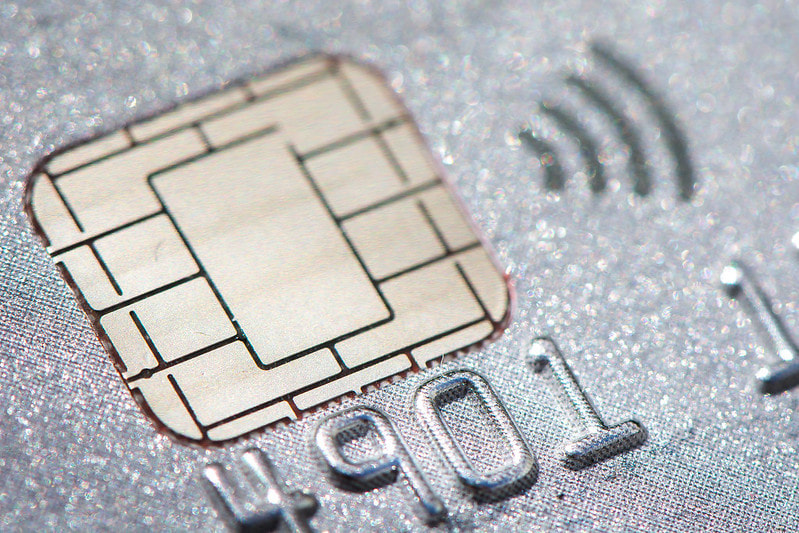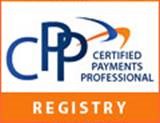|
We posted back in January 2021 “Protect Your Business Against Disputes and Charge Backs” Click here to view previous post. Since then we continue to see chargebacks / disputes increasing for all types of merchants. While it’s impossible to avoid charge chargebacks / disputes entirely, the good news is there are simple steps you can take to reduce the number of chargebacks / disputes your business receives and protect your profits. We outline what to do if you receive a chargeback / disputes and the actions you can take to reduce their occurrence. Take advantage of these recommendations to help your business decrease chargebacks / disputes preserve your reputation, and safeguard your profits.
Upgrade your payment devices to ones that accept EMV chip cards If you haven’t already done so, upgrade your payment devices to ones that accept EMV chip cards, which are inserted into the terminal and provide a much more secure way to process transactions than traditional magnetic stripe cards that are swiped. For online transactions, take advantage of the security programs offered by the major card brands and follow best practices when setting up your website, such as requiring your customers to enter the 3- or 4-digit CVV code on the back of their card and their billing zip code when completing an order. Doing so greatly reduces the chance of fraudulent purchases with stolen credit card information. Avoid hand-keying credit card numbers Chip-read and swiped card transactions are much more difficult for customers to dispute than ones where a credit card number is keyed into your payment device by hand. In fact, disputes over key-entered transactions in a card-present environment are considered an immediate loss. In the event you’re not able to process a chip-read or swiped card transaction, you should request another form of payment as opposed to hand-keying card numbers. For merchants with dual processing environments (i.e., card-present and card-not-present), you may want to consider setting up two separate merchant accounts to ensure greater chargeback protection for card-not-present payments. Note just because you receive an authorization is no guarantee the card is not fraudulent. Obtain proof that the customer agrees to the purchase A signed contract, itemized invoice, or payment receipt is another way you can help prove a legitimate transaction should a chargeback occur. Implement a clear return policy When you clearly state your return policy, you help protect your business from chargebacks by educating customers about their options before initiating a dispute with their credit card issuer. Post your policy online, around your business, and print it on the back of your receipts. Have customers sign the receipts in-store, which means they acknowledge the policy, or have them check an acknowledgement box when purchasing online. Also we suggest on the bottom of the credit card receipt near the signature, have the statement: ALL SALES FINAL – NO RFUNDS. Include detailed product descriptions of your items online Provide as much information in your product descriptions as possible with the goal of representing your offerings accurately. This enables your customers to feel confident in what they’re purchasing, leading to less returns and potential chargebacks. Inspect all items before selling them At checkout or before you prepare an online order for shipment, train your staff to inspect products for defects or damage. It may take a little more time, but you’ll make up for it with less chargebacks to manage. Implementing quality control of this sort is even more critical if your business doesn’t accept returns. Send shipping confirmations and obtain proof of delivery Emailing customers a shipping confirmation and tracking details for their online orders is a great way to not only provide good service, but also help you prove that your goods were delivered in the case of a dispute. The proof of delivery (POD) should show the entire address, not just the city and state. It’s also good practice to obtain a signed POD for valuables or large transaction items. Watch out for red flags Keeping an eye out for potentially risky transactions can help you reduce chargebacks. For example, if most of your orders are less than $100.00 in total, an order for $500.00 may warrant extra scrutiny before being fulfilled. Batch out daily Settling your batches every day helps reduce both higher transaction fees and cardholder disputes. Use your store name as your payment descriptor Your business’s payment descriptor is the merchant name that appears on a customer’s credit card statement when they make a purchase from your store. To make it easier for your customers to recognize their charges and reduce the occurrence of chargebacks, make sure your descriptor matches the name of your business. Suggestion, run your personal credit card for a very small amount like a $1.00 and see how the name of your business reads on your statement. Issue a refund or credit to the original form of payment In the instance you need to issue a refund or credit, the exact refund amount should be applied to the original credit card to ensure the transaction can be traced. If the credit is issued to another credit card or form of payment (e.g., cash or check), it may be challenging to document the credit transaction and obtain proof of the refund acknowledgement in the instance of a dispute. To decrease chargebacks, encourage your customers to contact your business directly to rectify issues rather than initiating a dispute with their card issuer. Partner with a merchant services provider that’s dedicated to giving you next-level support when chargebacks do occur. Discover First Coast Payments industry leading service, low-cost payment processing, and other benefits for yourself. We are here to help you should you have questions about disputes/chargebacks or anything related to Point Of Sale systems or credit card processing solutions. Contact us at 904-638-8804.
0 Comments
Leave a Reply. |
First Coast PAYMENTS BLOGWe eliminate the junk fees others charge. Archives
June 2024
Categories
All
|
Credit Card Processing for small to mid-size businesses. We eliminate the junk fees.
Serving Northeast Florida, including Jacksonville, Fernandina Beach, Yulee, and beyond.
Admin | Privacy
Site powered by eCoalitions.net
First Coast Payments is a registered agent office for several ISO/MSP. Disclosure.
© 2024 First Coast Payments. All Rights Reserved.
Serving Northeast Florida, including Jacksonville, Fernandina Beach, Yulee, and beyond.
Admin | Privacy
Site powered by eCoalitions.net
First Coast Payments is a registered agent office for several ISO/MSP. Disclosure.
© 2024 First Coast Payments. All Rights Reserved.


 RSS Feed
RSS Feed

